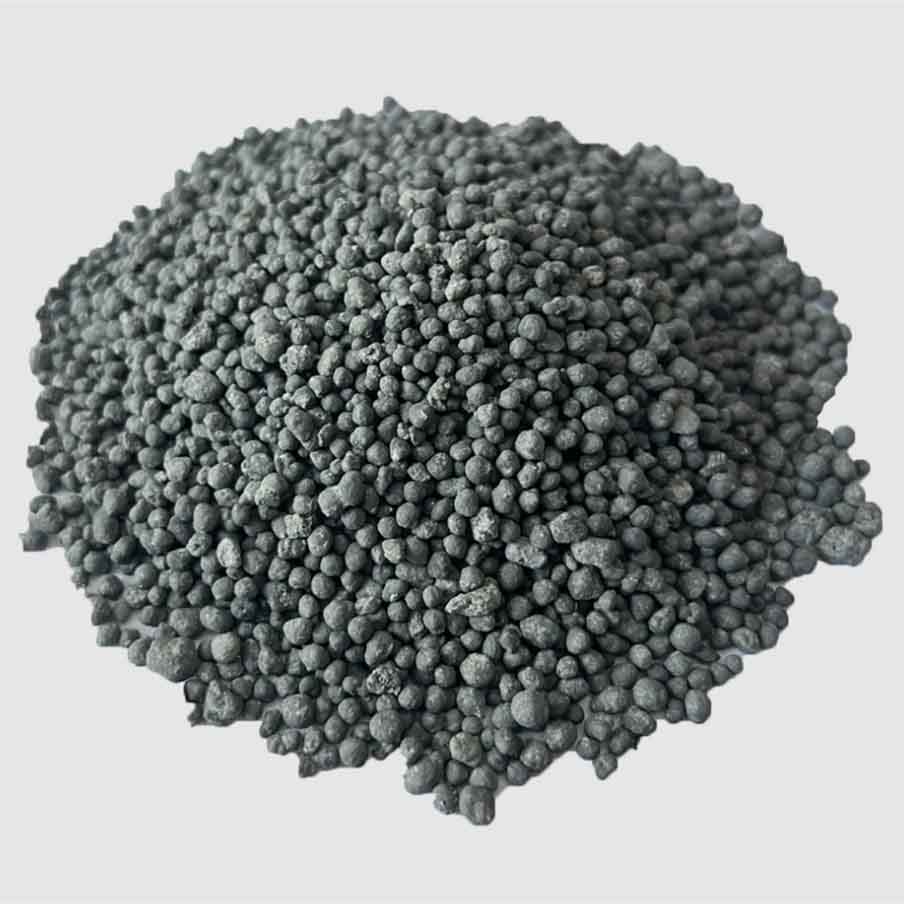
11 月 . 10, 2024 21:56 Back to list
Natural Fertilizers for Hydroponic Systems by Leading Manufacturers in the Industry
The Role of Organic Fertilizer in Hydroponics A Manufacturer's Perspective
Hydroponics, the innovative method of growing plants without soil, has gained significant traction in recent years. This technique allows for precise control over nutrient delivery and enables year-round cultivation, regardless of climatic conditions. However, one of the challenges faced by hydroponic growers is finding the right balance of nutrients to ensure healthy plant growth. As a manufacturer of organic fertilizers specifically for hydroponics, we aim to bridge this gap by providing sustainable, effective solutions that enhance plant health and yield.
Understanding Hydroponics
Hydroponics fundamentally relies on delivering nutrients directly to plant roots through a nutrient-rich water solution. Unlike traditional soil-based agriculture, hydroponics requires careful management of nutrients, as there is no soil to buffer or store them. This makes the choice of fertilizer crucial—organic fertilizers have gained prominence due to their natural composition and minimal environmental impact.
The Benefits of Organic Fertilizers
Organic fertilizers are derived from natural sources and contain a variety of nutrients essential for plant growth. Here are some key advantages of using organic fertilizers in hydroponics
1. Nutrient Diversity Organic fertilizers often contain a broader range of nutrients compared to synthetic options. They provide essential macronutrients like nitrogen, phosphorus, and potassium, along with micronutrients such as iron, magnesium, and calcium. This diversity can lead to healthier plant development and improved yield.
2. Soil Health While hydroponics does not utilize soil, the principles of soil health and microbial activity are still relevant. Organic fertilizers can enhance the microbial ecosystem when used in high humidity or aeroponic systems, promoting beneficial microorganisms that can aid in nutrient uptake and plant health.
3. Environmental Sustainability The use of organic fertilizers minimizes reliance on synthetic inputs, reducing the risk of chemical runoff and environmental degradation. This sustainable approach aligns with increasing consumer demand for organically grown produce, allowing hydroponic farms to cater to a growing market.
4. Reduced Chemical Residues Consumers are increasingly concerned about chemical residues in their food. By using organic fertilizers, hydroponic growers can ensure that their produce is free from harmful synthetic chemicals, ultimately leading to higher-quality products that are safer for consumption.
Formulating Organic Fertilizers for Hydroponics
As a manufacturer, formulating organic fertilizers for hydroponics involves understanding the unique nutrient requirements of various plants grown in soilless systems. This requires a delicate balance between providing sufficient nutrients for growth while avoiding nutrient burn, which can occur if concentrations are too high.
organic fertilizer for hydroponics manufacturer

Our approach typically involves using a blend of natural ingredients such as
- Seaweed Extract Rich in trace minerals and growth hormones, seaweed enhances root development and improves stress resistance. - Composted Plant Materials These provide essential nutrients while contributing to beneficial microbial activity.
- Bone Meal and Blood Meal High in nitrogen and phosphorus, these ingredients help boost plant growth and flowering.
- Fish Emulsion A great source of nitrogen, this organic liquid fertilizer supports vigorous growth in leafy greens.
- Mineral Additives Naturally sourced minerals can be added to ensure that all micronutrient needs are met.
Challenges and Solutions
Despite the numerous benefits of organic fertilizers, growers may encounter challenges such as inconsistent nutrient levels or slower nutrient availability. To address these issues, we focus on
- Precision Blending Creating custom blends tailored to specific crop needs, ensuring optimal nutrient availability.
- Research and Development Continuously investing in R&D to improve formulations based on the latest agronomic findings.
- Education and Support Offering workshops and resources to help hydroponic growers understand nutrient management and the effective use of organic fertilizers.
Conclusion
Organic fertilizers represent a vital component in the world of hydroponics, offering a sustainable and effective approach to plant nutrition. As a manufacturer dedicated to producing high-quality organic fertilizers, we recognize the importance of aligning our products with the needs of modern hydroponic practices. By prioritizing sustainability, diversity, and user education, we aim to support growers in achieving their agricultural goals while contributing to a healthier planet. Through innovation and commitment, we can reshape the future of hydroponics with organic solutions that benefit both growers and consumers alike.
-
10 10 10 Fertilizer Organic—Balanced NPK for All Plants
NewsJul.30,2025
-
Premium 10 10 10 Fertilizer Organic for Balanced Plant Growth
NewsJul.29,2025
-
Premium 10 10 10 Fertilizer Organic for Balanced Plant Growth
NewsJul.29,2025
-
Premium 10 10 10 Fertilizer Organic for Balanced Plant Growth
NewsJul.29,2025
-
50 Pound Bags of 13-13-13 Fertilizer for All Plants – Bulk & Organic Options
NewsJul.28,2025
-
High-Efficiency 15-30-15 Granular Fertilizer for Healthy Crops
NewsJul.28,2025
